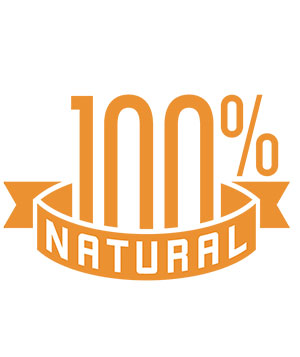All good dog owners want to keep their dogs healthy and happy, and that’s why so many of us feed our furry pals only high-quality food from a reputable company.
Sadly, the truth is that most mass manufacturers that sell their pet foods across many nations have low standards, which often lead to a variety of diseases including cancer and organ failures, and even shorten our dogs’ lives.
The Bigger the Worse
The process of making dog food resembles a recycling nightmare, unavoidably processing incredibly toxic waste as the dead animals (processed with their fur and faeces) are frequently accompanied by a host of unwanted ingredients.
Pesticides enter the rendering process via tainted livestock. Fish oil is commonly contaminated with mercury and other heavy metals. Dead pets are frequently thrown into the grinder with their flea collars still attached. Insecticide-laced patches found on the skin of slaughtered cattle are also carelessly added to the mix. Antibiotics and other pharmaceuticals follow livestock directly into the soup. And drugs given to euthanize pets have been regularly found in the rendered product. Unwanted metal contaminants can be traced to a variety of sources including pet collars, ID tags, surgical pins, and needles.
Every day, thousands out-of-date supermarket meats as well as spoiled fish and poultry arrive to the factories, and there’s simply no time given to the tedious task of unwrapping each individual package of the many rejected products.
Plastic cattle ID tags, pesticide patches and even the green waste disposal bags containing pets from veterinarians are tossed directly into the pit.
‘Premium’ or ‘Natural’? Not Quite so
 (Source: Real Life)
(Source: Real Life)
Many pet foods are labelled as “premium,” and some now are “super premium” and even “ultra premium.” Other products are touted as “gourmet” items. Products labelled as premium or gourmet are not required to contain any different or higher quality ingredients, nor are they held up to any higher nutritional standards than other complete and balanced products.
“Natural” is not the same as “organic.” The latter term refers to the conditions under which the plants were grown or animals were raised, and there are no official rules governing the labelling of organic foods for pets at this time.
As shocking as this might be to you, these are the exact words of FDA for animals.
A piece of advice
First of all, not all commercial dog foods are bad, but you must learn to read the labels for what they really are, and in general small local producers are usually the best.
Go RAW! Many dog owners tend to forget that while domesticated, dogs are animals and their natural diet consists of raw food they would normally find in nature.
DIY! Some people will never get comfortable with the thought of feeding raw, but luckily there’s an easy solution. You can cook large batches of simple, naturally nutritious meals for your buddies and freeze them in portions ready to serve.